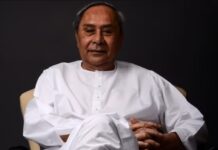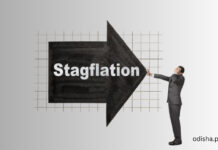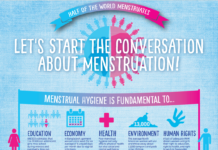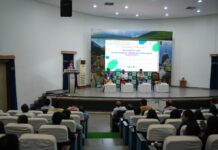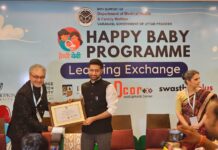Satya Brata Das
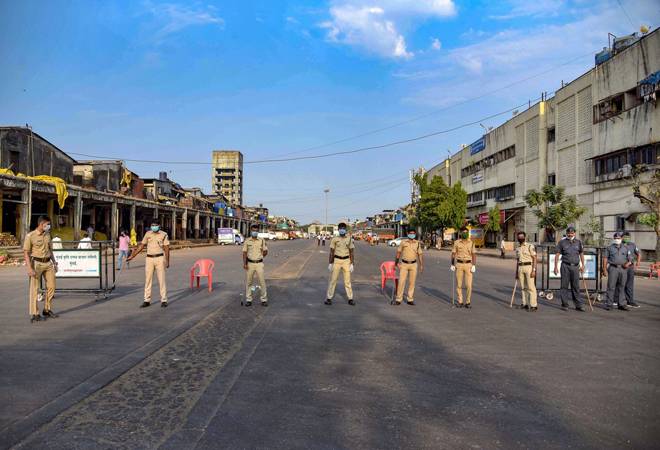
As the world rebuilds on a new foundation, military spending should be diverted to invest in better lives for people and communities.
Having spent $1,822 billion American dollars on arms and soldiers in 2018 alone, the world is completely defenseless against an unseen invader, a pandemic as terrifying as any medieval plague.
More than a third of that amount was spent by the United States of America: $649 billion, according to data compiled by the Stockholm International Peace Research Institute, with the People’s Republic of China as the second largest spender, at $250 billion.
Yet none of those armaments – aircraft carriers bristling with fighter jets, column after column of tanks, cruise missiles able to rain down destruction from hundreds of kilometres away – offered any protection against the novel coronavirus that causes COVID-19, a highly contagious respiratory ailment that brought the world to a standstill.
As it rages unstoppable and unseen across the world, COVID-19 has most severely affected the United States – more than 50,000 dead by the third week of April in this Plague Spring, more than a thousand people dying every day, more than 26 million Americans thrown out of work with the bleakest prospect for regaining a livelihood, the clamorous bustle of New York City tuned to ashen silence.
Sometimes, such horror is best expressed in art, as captured in the Spanish artist Pablo Picasso’s searing vision of the world as a charnel house. The enormity of the COVID-19 pandemic freezes the world, navigating an invasion many foresaw, yet with consequences none fully understood.
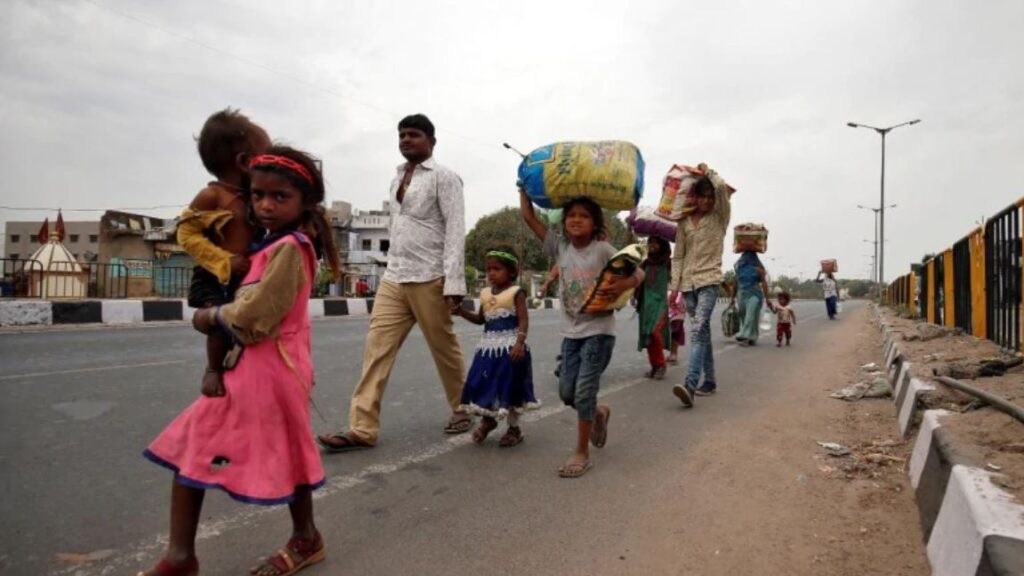
With the world in lockdown, tens of millions of our fellow humans, those who rely upon a daily wage for their daily bread, face a stark choice between hunger and illness. Some of us would rather face the risk of falling ill than bear the agony of their dependants withering away from hunger and misery in enforced isolation. At least, in this thinking, illness is a roulette wheel with a chance of survival. So it seems, when the alternative is to be deprived of any means of livelihood, with little or no access to food and shelter in the face of calamity.
COVID-19 brings into focus the utter futility of our machinery of warfare. The hundreds of billions of dollars spent annually to keep our people “safe” and our borders “secure”, the manufacture and sale of lethal weaponry which provides a lucrative income to the world’s richest economies, can clearly be seen as a colossal waste of money and resources that might have been better spent in building a life of dignity and purpose for all of humankind.
The Plague Spring lays bare the folly of perpetuating violence as a building block of the 21st century world. As we emerge into an uncertain future, it is starkly evident that we must move from a corrosive culture of division and hatred to a collaborative future of inclusion and mutual benefit. The coronavirus is forcing upon us the necessity of rebuilding our world on a new foundation, animated by the spirit of non-violence and transformative social change.
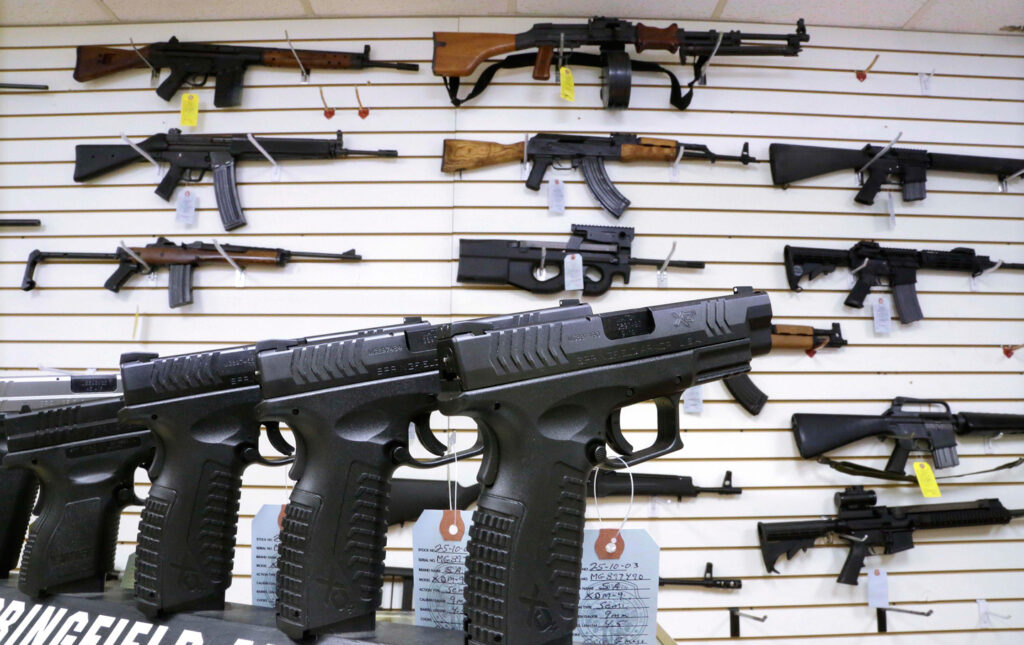
As we seek to rebuild after the plague, we ought to turn away from the culture of violence that underpins a grossly militarized world, and our addiction to ever-more sophisticated weapons as the hallmark of “security.”
Even with world economies ravaged by the coronavirus, enormous benefits can be achieved by diverting a significant portion of the world’s $1.822 trillion military spending, to improve the lives and living conditions of people. Disarmament, to fund Development.
Cut a third of military spending. Keep soldiers employed, freeze manufacture and sale of weapons, including missiles and fighter aircraft, and freeze development of new weapons systems. Put the soldiers to work in community development, and public works. Soldiers defending their country by contributing to the common good and the commonwealth.
That would still leave the world more than $1.2 trillion (one thousand two hundred billion dollars) to spend on what we have come to call “defence.”
So what to do with the $600 billion diverted by disarmament toward development? Start by meeting the basic needs of the human family.
One of the most ambitious 2030 Sustainable Development Goals of the United Nations is clean water and sanitation for all. The World Bank reckons it will take $150 billion a year to ensure this basic human need for everyone on the planet.
Equally challenging is the SDG of ensuring all have access to primary health care without suffering financial hardship. The World Health Organisation figures another $200 billion a year will bring us closer to making care affordable for the most vulnerable, and another $170 billion will establish Universal Health Care.
We know from experience and expertise that educated citizens make for healthier and more sustainable societies. Achieving the SDG of literacy and numeracy for all, would make great strides with another $14 billion a year.
In broad numbers, using the proceeds of modest disarmament to fund robust global development, everybody on the planet would have clean water, sanitation, health security, and greater literacy for $534 billion annually. By way of comparison, a single aircraft carrier costs $13 billion. And the United States alone has to date spent $1.5 trillion (one thousand five hundred billion dollars) to develop and procure the F-35 fighter jet.
COVID-19 mocks these “defence” expenditures and makes the case for funding human development as an essential pillar of a civil society. The reality of the pandemic, and its planetary reach, is unprecedented since the world wars that raged in the last century.
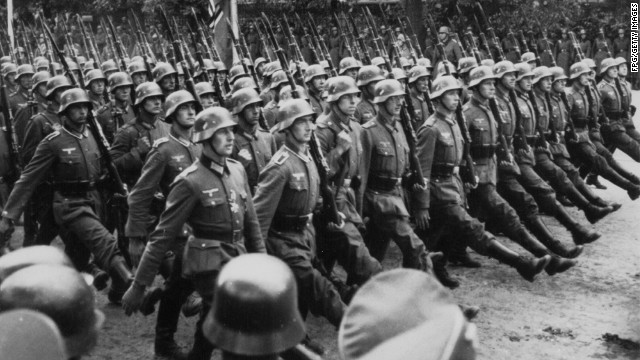
During the last such global cataclysm, the Second World War, the poet Wystan Auden observed, in 1 September 1939:
All I have is a voice
To undo the folded lie,
The romantic lie in the brain
Of the sensual man-in-the-street
And the lie of Authority
Whose buildings grope the sky:
There is no such thing as the State
And no one exists alone;
Hunger allows no choice
To the citizen or the police;
We must love one another or die.
It is the last line that serves as our call to action. We must love one another or die.
This is our justification, in pursuing disarmament to fund development. The question is how? Where do we begin, if we are to assert the dominion of love as the foundation of our next world?
One answer is to call upon those nations that already exist as models of prosperous and peaceful pluralism, to lead the way in surmounting walls and borders, to deal with humankind as one, by reducing their own military spending. This would include much of the European union, Canada, and a handful of Commonwealth countries.
And as the moral and legal framework to bring other nations to follow our example, we might start by using the covenant developed by the United Nations, and endorsed by its member states, in 2005: the Responsibility to Protect, often summarised as R2P.
There are three pillars supporting R2P, which was first evoked as an international response to prevent genocide of minority populations within a sovereign country’s national borders: yet these same principles can equally apply in addressing the COVID-19 pandemic:
Pillar I: The protection responsibilities of the state;
Pillar II: International assistance and capacity-building;
Pillar III: Timely and decisive response.
As UN Secretary General Ban Ki-Moon observed in his 2009 annual report, these three pillars taken together offer a means, founded in international law, to save imperilled people from calamity.
“By helping States to meet their core protection responsibilities, the responsibility to protect seeks to strengthen sovereignty, not weaken it. It seeks to help States to succeed, not just to react when they fail,” noted Mr. Ban.
Disarming to fund development will be entirely in keeping with Responsibility to Protect. Because however we mitigate the COVID-19 pandemic, we will be better placed as a species to do so collectively, in collaboration, in the closest co-operation.
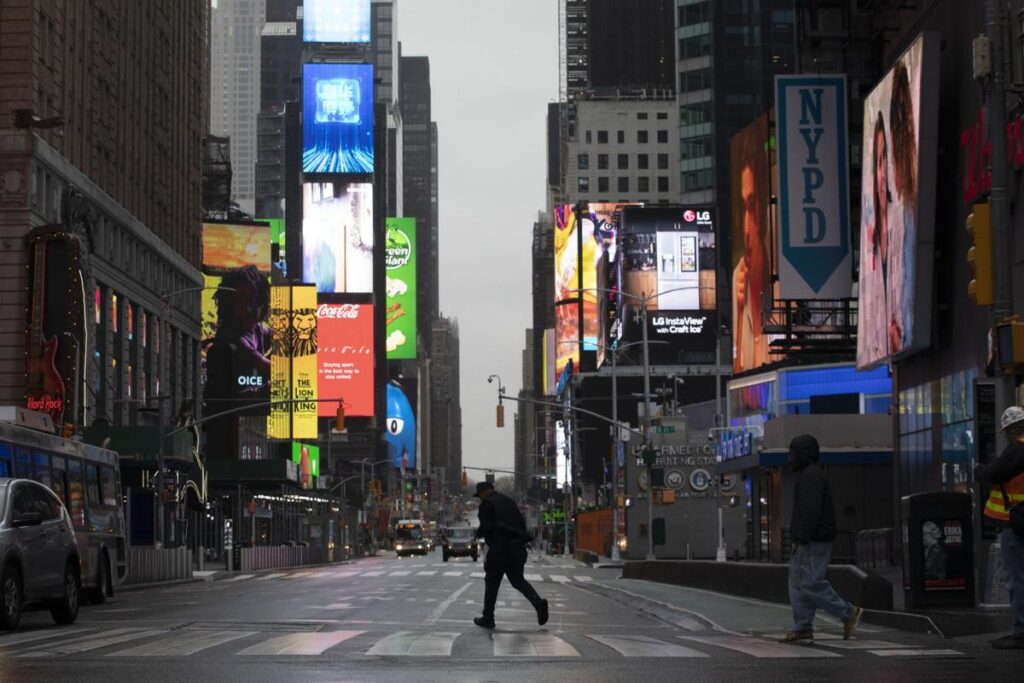
Eventually, the ingenuity and skill of our species will come up with a vaccine or an antidote to COVID-19. Yet it would be a tragedy indeed if we took no lessons and yielded to those in power who wish to recreate the world already left behind.
A different tomorrow beckons. And with it must come a new way of defining security, by building a more inclusive and more equitable future that works for all of us.
(Canadian writer Satya Brata Das served as an editorialist, columnist and foreign correspondent in the last quarter of the 20th century. His most recent book, Us, explores the relevance of Gandhian philosophy for today’s challenges.)

